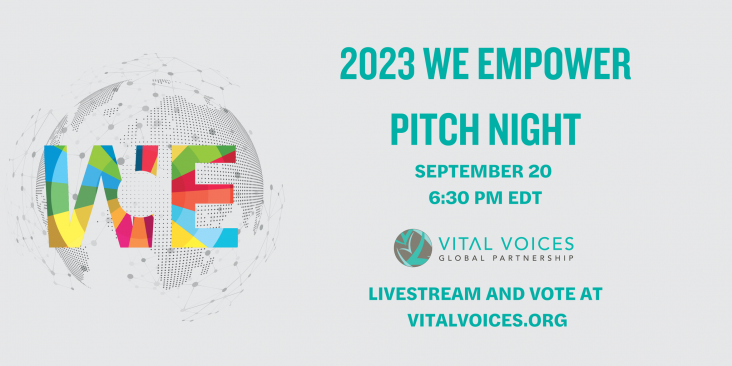
WE Empower Pitch Night, hosted by Diane von Furstenberg, will be a dynamic evening event bringing together top business leaders, the media and other key influencers to participate in an innovative
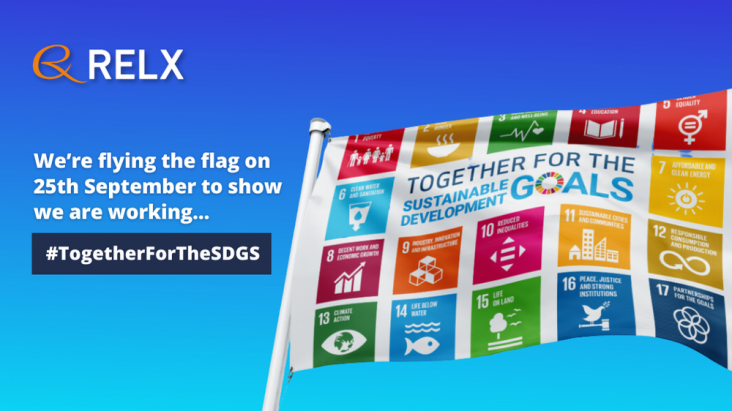
As we enter the ninth year since the adoption of the UN Sustainable Development Goals (SDGs) in 2015, the pressing need to meet these ambitious objectives becomes ever more evident.
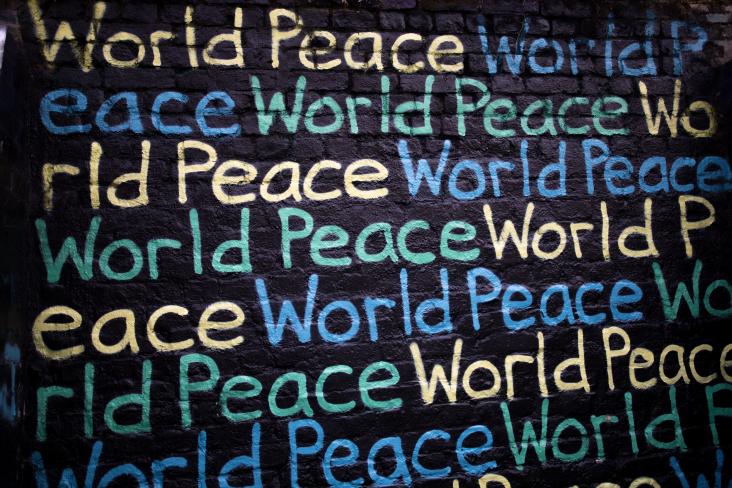
Annually, on 21 September, the world marks the International Day of Peace. Established by the United Nations, this day epitomises our joint aspiration for a world devoid of discord and turmoil.
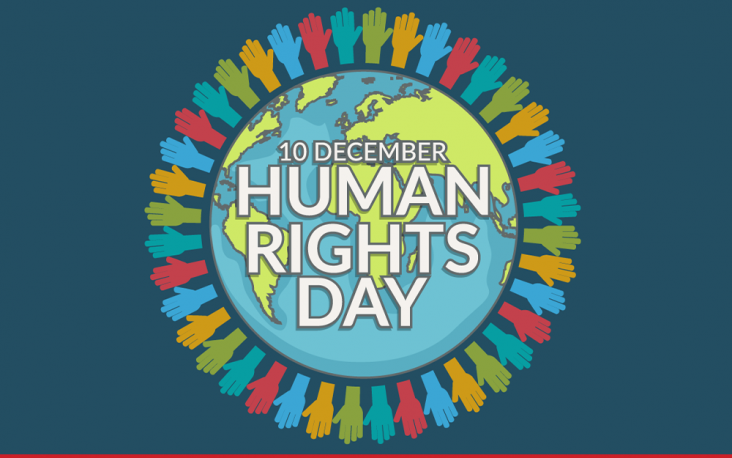
International Human Rights Day: Empowering the World with Sustainable Development Goals and Insights
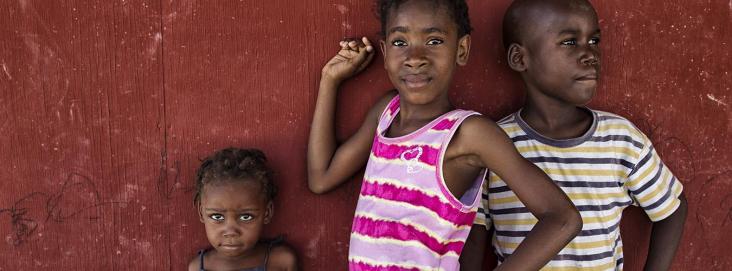
International Day for the Elimination of Racial Discrimination: A Crucial Step Towards Achieving the United Nations' Sustainable Development Goals
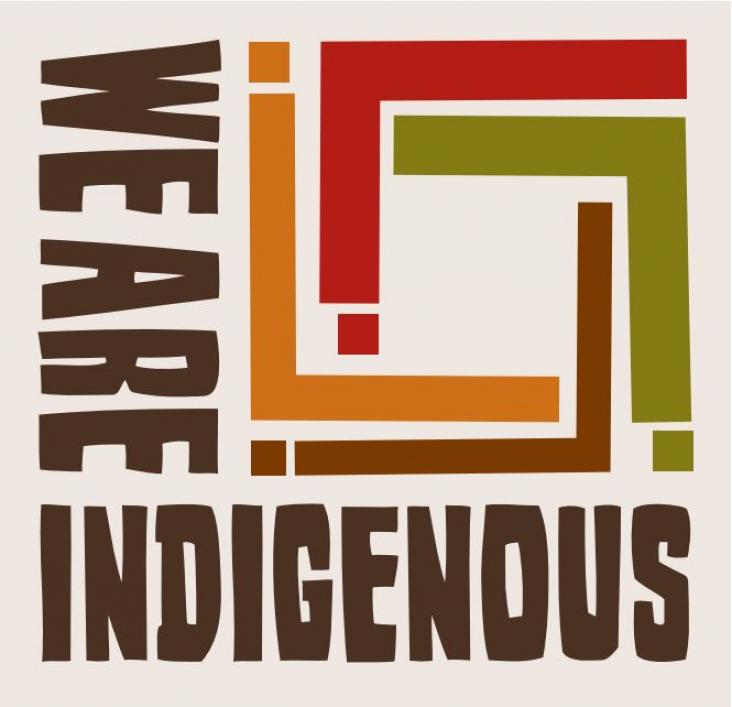
International Day of the World's Indigenous Peoples: Celebrating Our Global Cultural Tapestry


